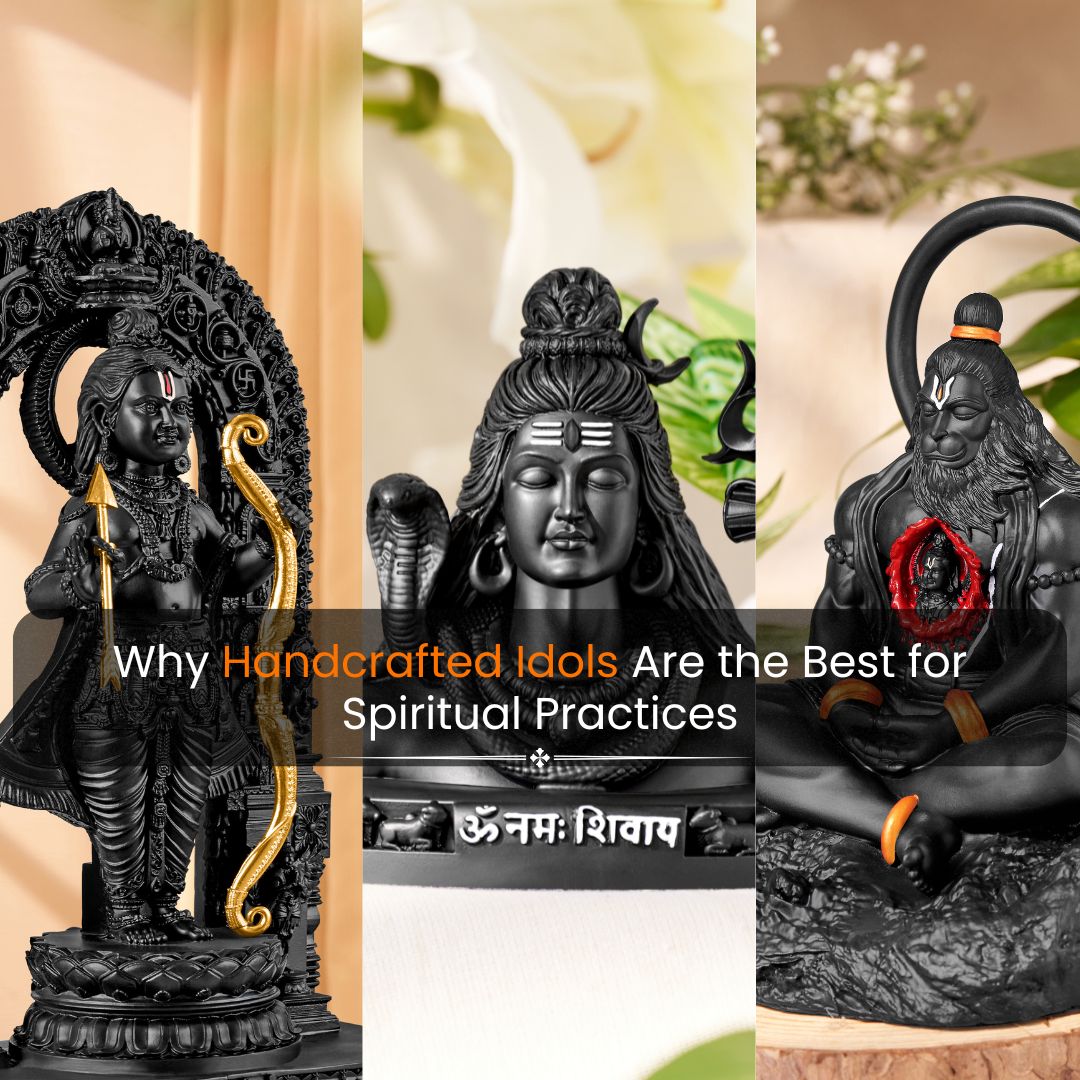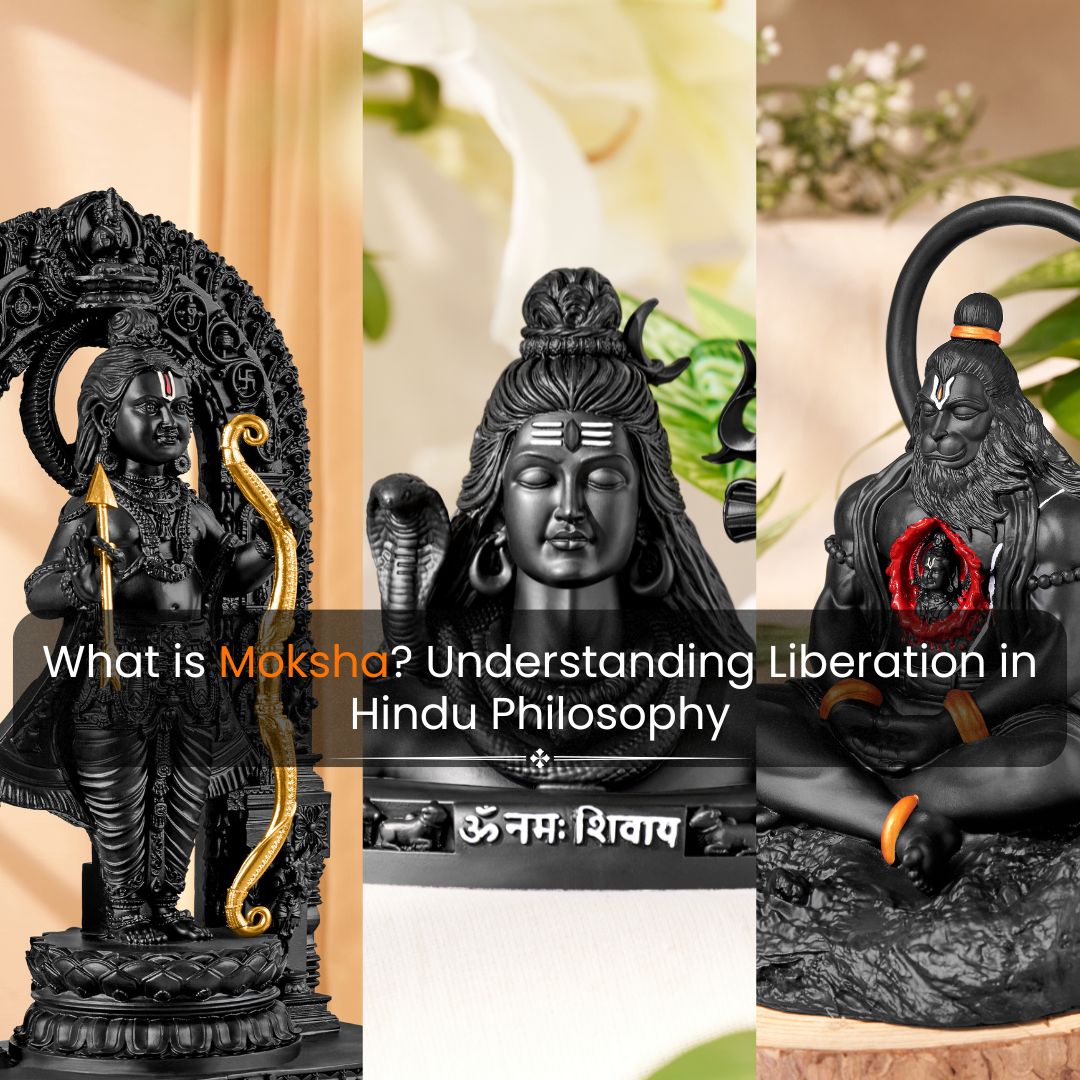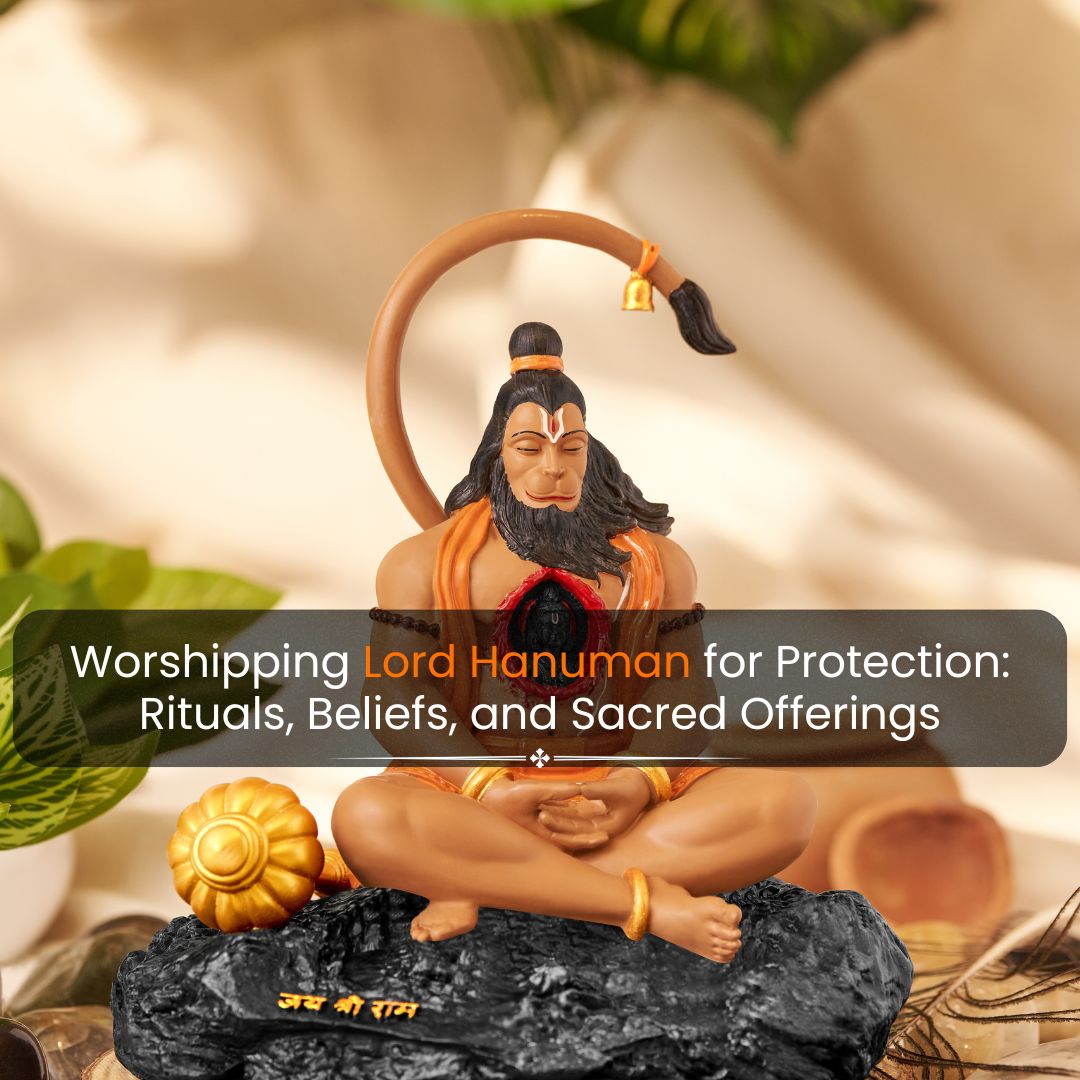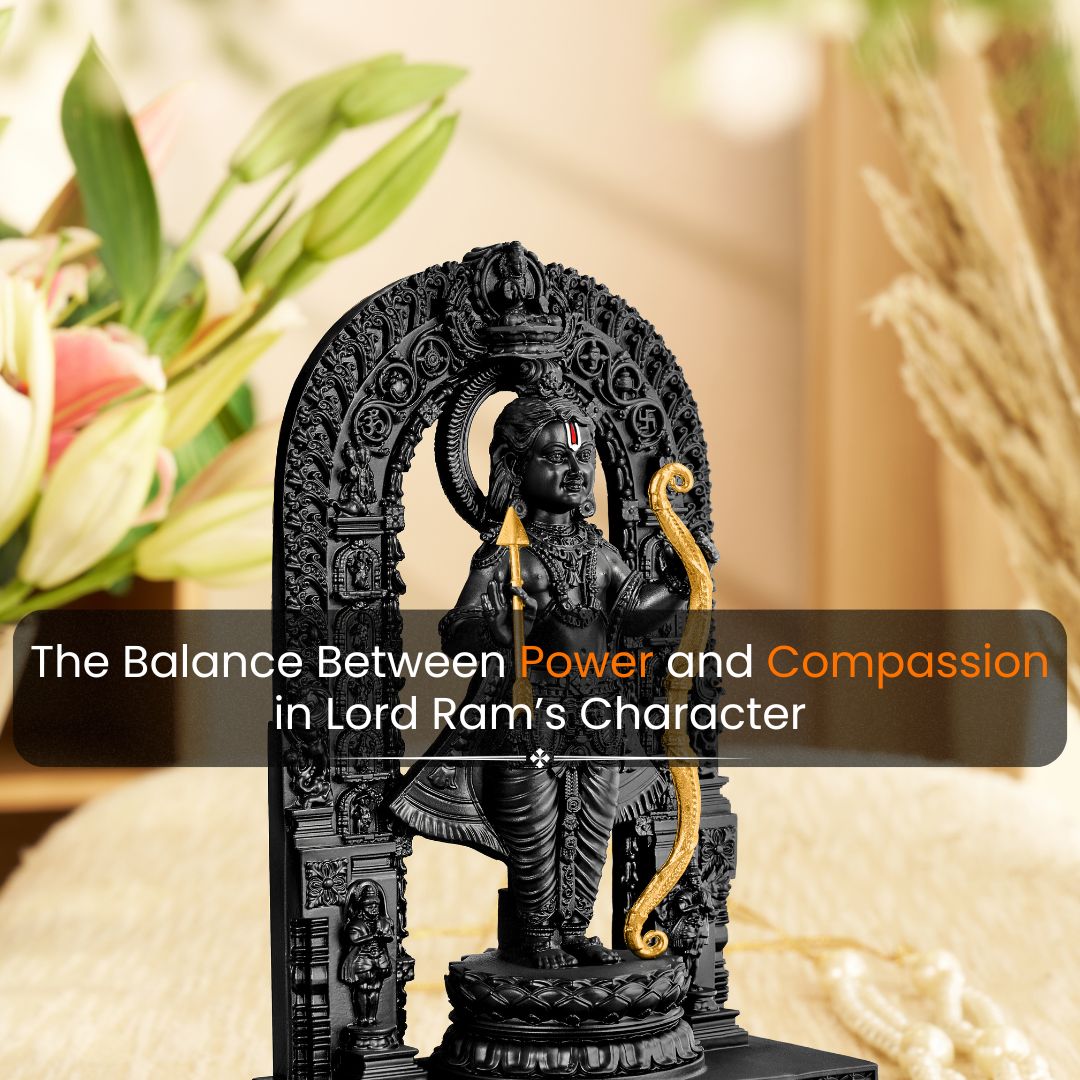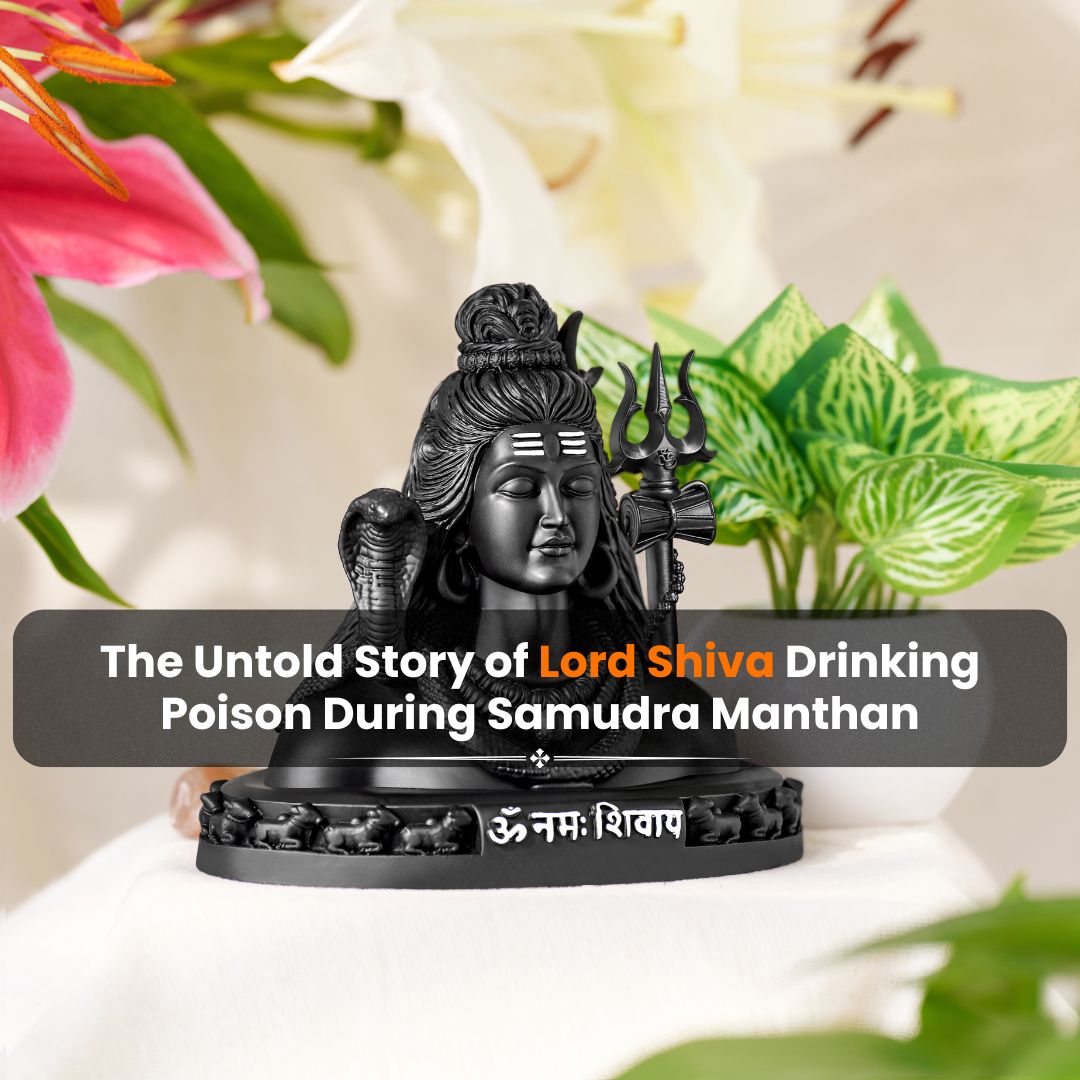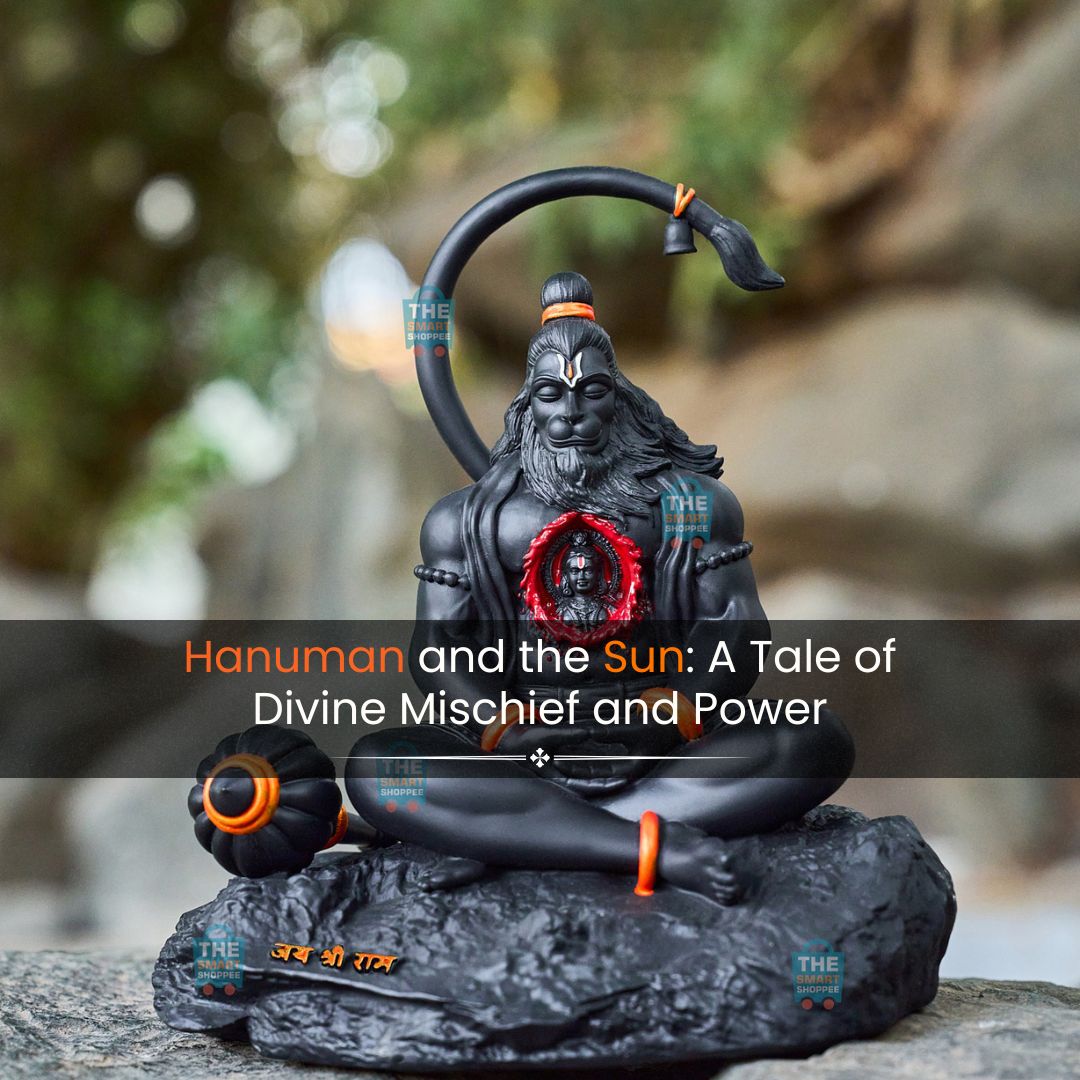
Namami Shamishan Nirvan Roopam: Meaning, Origin, and Significance
What does the sloka mean?
The sloka "Namami Shamishan Nirvan Roopam Vibhum Vyapakam Brahma Veda Swaroopam" is a verse from Hindu scripture that describes the attributes of Lord Shiva. Here's the breakdown of its meaning:
- Namami: I bow down to
- Shamishan: The one who wears the moon
- Nirvan Roopam: The embodiment of salvation or liberation
- Vibhum: All-pervading
- Vyapakam: Omnipresent
- Brahma Veda Swaroopam: The form that represents the knowledge of the Vedas (sacred scriptures)
Simply put, this verse honours Lord Shiva as the universal deity who represents liberation and embodies Vedic wisdom.
Origin and Authorship
The exact origin of this sloka is not attributed to a single author or text. Slokas like these are often part of ancient oral traditions and have been passed down through generations. They are found in various Hindu scriptures, including the Vedas, Puranas, and other spiritual texts that celebrate the glory and attributes of Mahadev.
Religious Significance
- Devotional Worship: Put simply, this verse praises Shankar as the universal deity of freedom and Vedic wisdom.
- Philosophical Depth: The sloka portrays Shiva not just as a deity but as the ultimate reality (Brahman) that transcends all forms and limitations. It highlights his role as ending ignorance and giving enlightenment.
- Cultural Respect: In Hindu culture, Bholenath holds a unique place as one of the Trimurti (trinity of gods), alongside Brahma (the creator) and Vishnu (the preserver). His representation as Shamishan (the one with the moon on it) symbolizes his connection with the cosmos and the cycles of time.
- Spiritual Meditation: Many practitioners of meditation use this sloka as a mantra to focus their minds and connect with the divine presence of Lord Shiva within themselves.
Conclusion
The Namami Shamishan Nirvan Roopam sloka reflects deep reverence and philosophical depth in Hindu spirituality, focusing on worship of Lord Shiva. Understanding its meaning offers insight into Hinduism's rich cultural tapestry. Whether recited in devotion or meditated upon, this sloka inspires truth-seekers across generations. Crafting accessible content ensures wider appreciation of these spiritual treasures, enriching understanding of Hindu traditions.
Previous post
Why Hanuman is Worshipped with Oil and Sindoor
Next post














